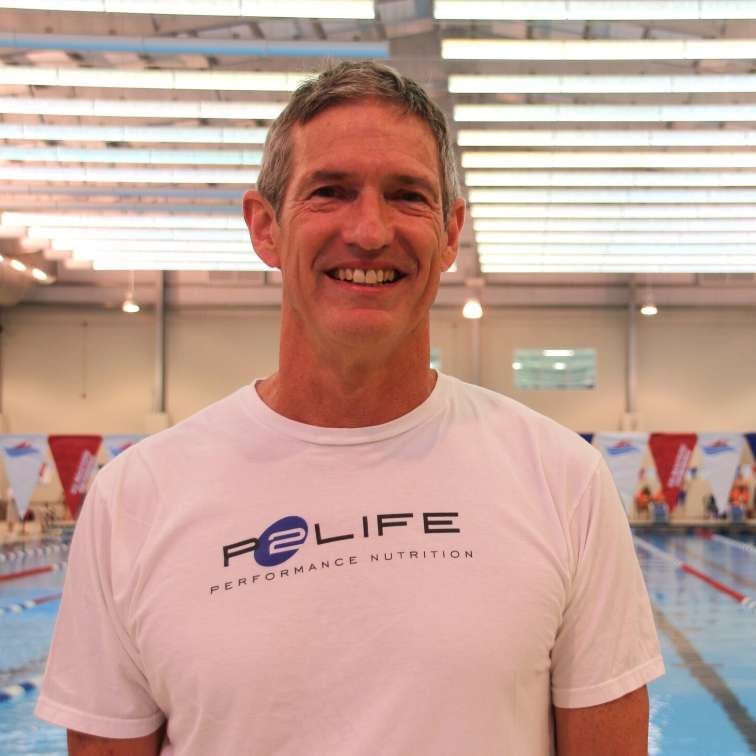
Meet Rick Colella: One of the World's Most Elite Swimmers!
Our featured athlete this week is elite swimmer and bronze medalist Rick Colella. Known for his signature 200 meter breaststroke, Rick competed in the '72 and '76 Olympics and now swims with a team in Washington State that trains to compete in Masters meets year-round. He holds over 50 world records and was awarded the David Yorzyk Memorial Award in 2008. Here's Rick's story!
Rick, thanks for chatting with us today. How did you get your start in swimming?
I started when I was about 8 years old on a small swim team in the summer, and then moved on to a year-round swim team. I kept improving throughout high school, where I became involved with heavy-duty training. Where I lived there was an Amateur Athletic Union (AAU) team, just like today's USA club teams.
After that, I went on to college at the University of Washington and participated at NCAA level swimming. That was a great experience on a good team. When I was there, we were in the top 10. It was a great time.
And it was in my last year of college and I swam the 200 meter breaststroke at the '72 Olympics, but I placed 4th. I was so disappointed. Then in '76 I was able to go back and win the bronze medal.
Did anything change in your training in-between those two high-stress competitions?
The training was the same. Back then, our training was high volume and we didn’t do too much outside of the 4-5 hours of pool time. Heavy volume was the style of training back then and it was an era when the volume just kept increasing. Now, swimmers have trainings focused more on the quality of swimming and weights, so it's evolved a bit. Looking back, I think I was motivated to go back and win a medal to keep up with my sister who won a silver in '72!
A little sibling rivalry! So what's your training like now?
For about 10 years, I stopped swimming. I "retired" in '76, but I still did Masters a little bit. My training was about 1-2 hours a week and I kind of got into a pattern of no meets.
Then I really started swimming Masters again in 1990. Now, at Lake Washington Masters, I train once a day, 6 days a week. Our coach, Becca Watson, now has us doing heavy volume in fall and winter, then more quality and sprints in spring and summer. The quality work we're doing now has helped me tremendously in the past few years.
Definitely. How has your nutrition plan evolved over the years?
Back when I was swimming in school, I just didn’t think about it. We ate a lot of everything. Just food! And it seemed that we got the nutrition we needed. But over the last several years, I've tried to maintain a healthier diet. I have to; I just can’t eat as much anymore!
When I started using P2Life NutriBoost, I saw a change in my ability to work out hard and recover. Also, for me, it's fantastic at meets and supplements my regular meal plan. I use it to keep my energy up when I'm swimming several races on one day.
That's great! How else do you use P2Life?
Although I try to eat healthy, I've found that using P2Life makes a difference in how I feel, especially during workouts. I'm able to work out harder. It's important to maintain good nutrition even if you’re not competing.
I've also found it important when traveling for meets. Trying to maintain nutrition on the road and perform at a competition is a challenge. It's hard to maintain good nutrition when eating in restaurants. But getting it in the form of a NutriBoost shake is easy. Also, at national meets, our team will often rent a house, then buy food and cook like we do at home.
Speaking of competitions, what are some tips for dealing with stress at the meet?
We're all competitors and want to do well so we all find ourselves nervous before the meet no matter what the level of competition. It's just our competitive nature. With my friends, we tend to laugh about this, though, which helps relieve that stress. Some stress is good though, because it will help you get prepared and psyched up before the race. But just remember, it is all for fun. Try to relax and have fun!

Great advice. So tell us Rick, what records or accomplishments are you most proud of?
My Olympic medal in '76 is probably the one I think about as my greatest accomplishment. At the time, it was much harder to stay in the sport. I was out of college, with no support, no money, and I had to live with my parents and sacrifice. At 24, I was one of the oldest people on the team. Now people are staying in sport longer. But in my era, to stay around for 4 more years was tough. Luckily, my parents were willing to do that and make a sacrifice in a way. I took it one year at a time and it was so satisfying to achieve that medal.
That's really inspiring! How about some closing words for our readers?
Stay active! This is really important as we age. So find something that you can enjoy and stick with it. Swimming is such a great activity. When I was younger, I did some running and had some knee trouble, but I found that swimming was better because it takes the weight off your joints. It's great exercise as you get older. Everybody can have fun in Masters swimming; it's a great sport for your entire life.
Thanks for sharing your story with our readers, Rick, and best of luck to you

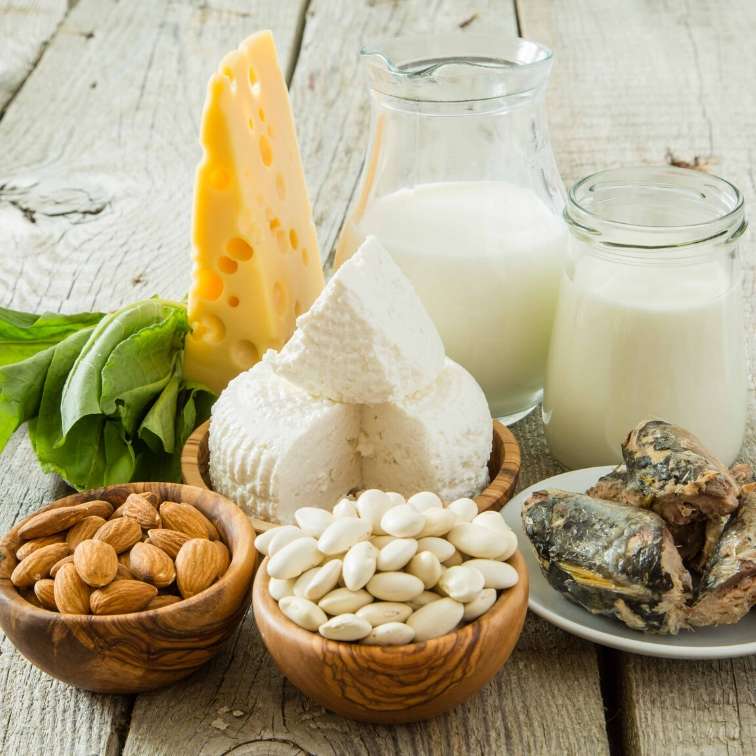
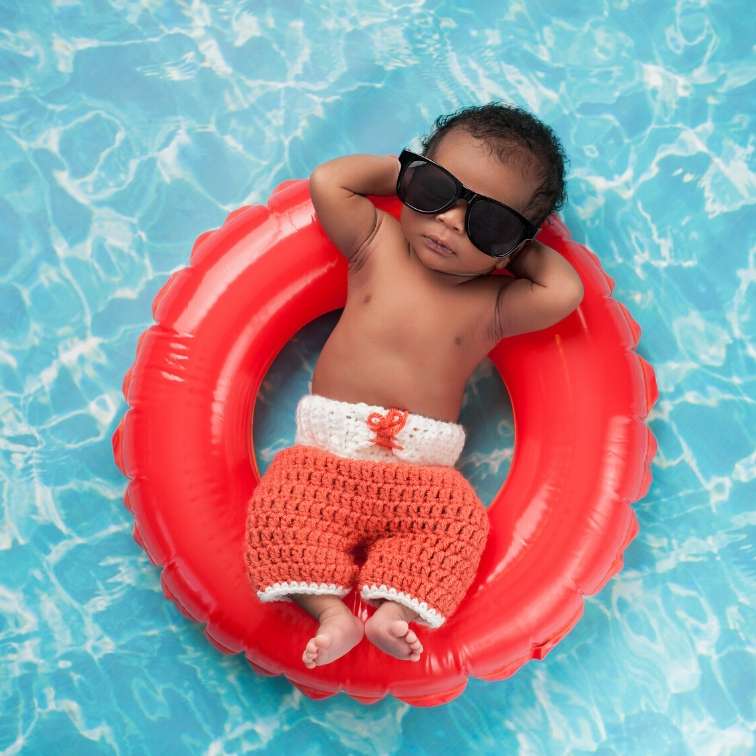






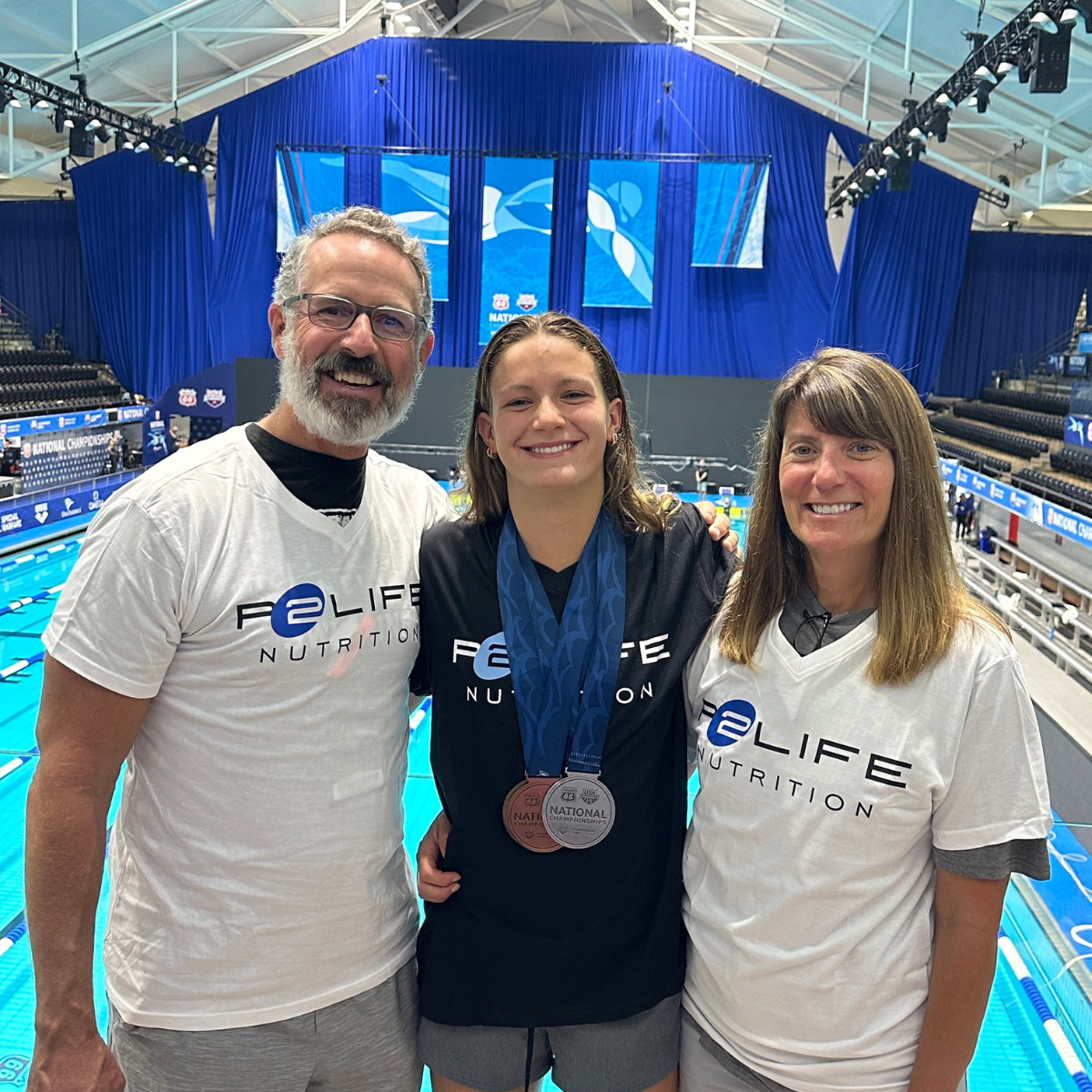
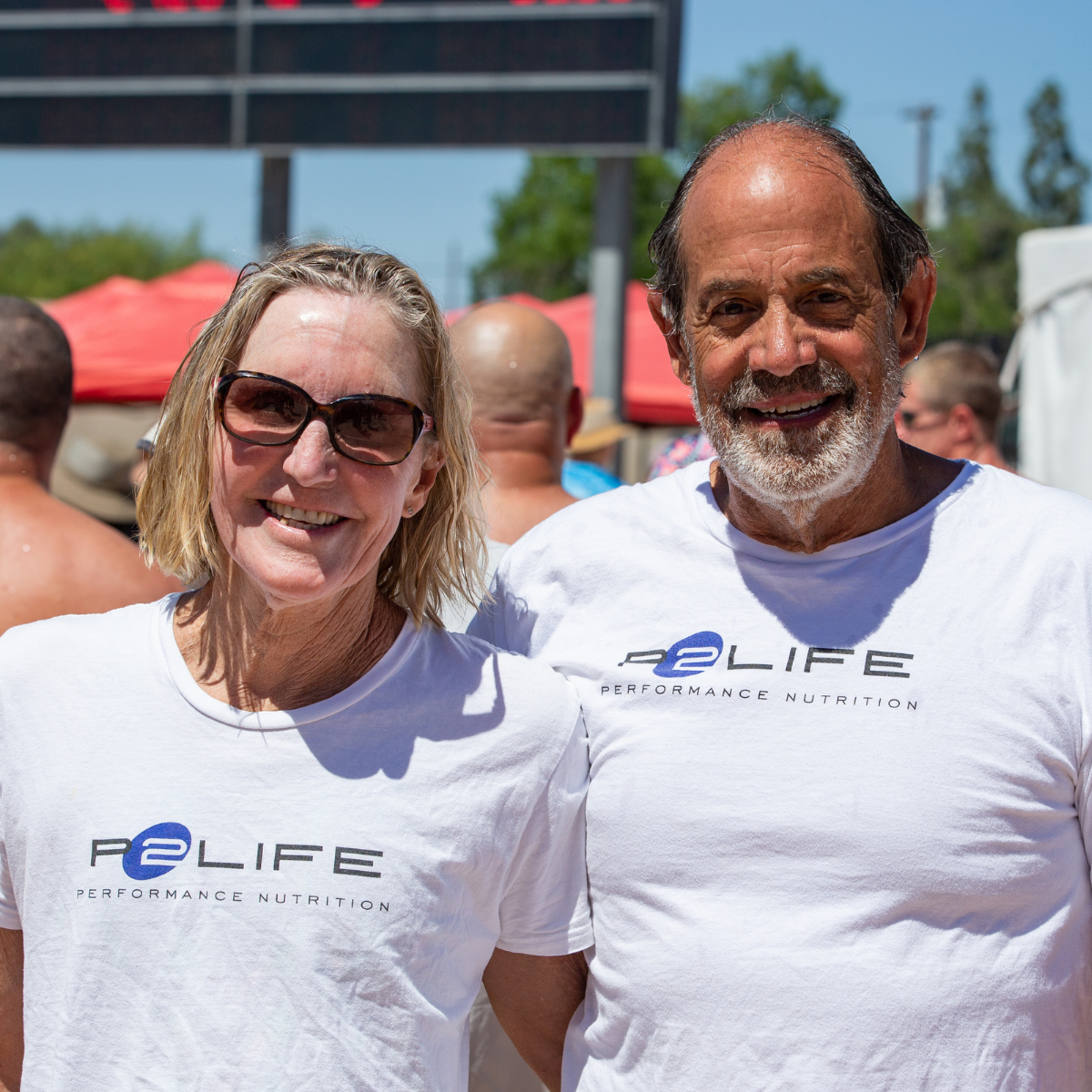
Leave a comment
This site is protected by hCaptcha and the hCaptcha Privacy Policy and Terms of Service apply.